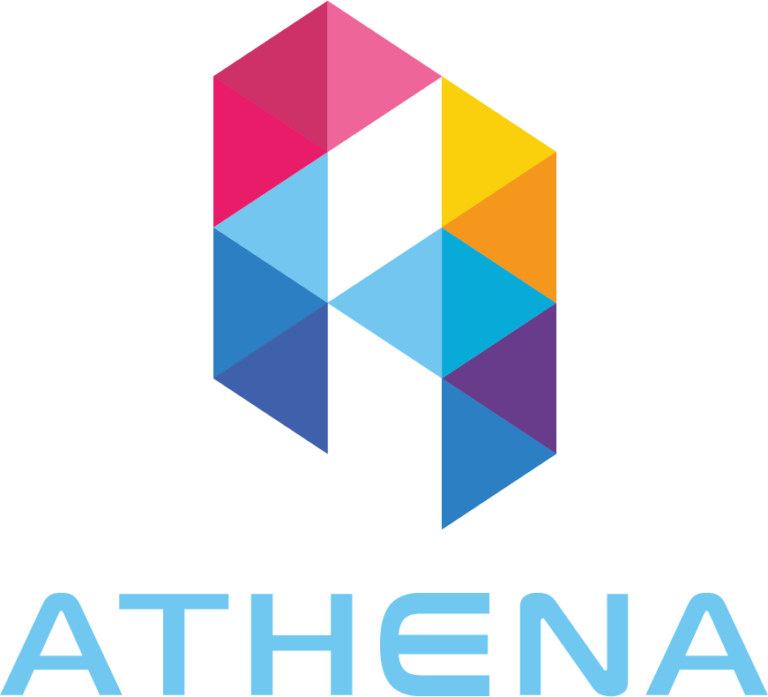The Benefits of Joining a Prop Trading Firm: Why More Traders are Choosing Prop Trading
In the fast-paced world of trading, many professionals are turning to fund management firms to accelerate their careers. Fund management firms provide traders with the opportunity to leverage firm capital, access cutting-edge technology, and benefit from professional mentorship, all without risking their own money. This article explores the key benefits of joining a prop trading firm and why this model has become an increasingly attractive choice for traders.
What Is Prop Trading?
Proprietary trading involves trading financial instruments such as stocks, forex, or derivatives using the firm’s capital rather than personal funds. In return, traders share a percentage of their profits with the firm.
Key Advantages:
- Access to larger capital pools.
- Risk-sharing between the trader and the firm.
- Structured environments for skill development.
Top Benefits of Joining a Prop Trading Firm
1. Access to Firm Capital
One of the most significant advantages of prop trading is the ability to trade with a firm’s capital.
- For New Traders: Prop firms eliminate the need to have substantial personal funds to start trading.
- For Experienced Traders: Access to larger capital enables higher trade volumes and profit potential.
Example: A trader managing a $100,000 firm-funded account has far greater earning potential than trading with a personal account of $10,000.
2. Profit-Sharing Opportunities
Prop trading firms typically offer attractive profit-sharing models, allowing traders to retain a significant portion of their earnings.
- Standard Profit Splits: Firms often offer splits ranging from 50% to 90%, depending on performance and experience.
- Incentive Structures: Consistently successful traders may receive higher splits or increased capital allocations.
Result: Traders benefit financially while avoiding the personal risk of capital loss.
3. Reduced Financial Risk
By using the firm’s capital, traders are not personally liable for losses. This reduces the stress of trading and allows traders to focus on developing their skills.
Key Points:
- Firms often cover losses up to a specified limit.
- Risk management guidelines ensure losses remain controlled.
4. Professional Training and Mentorship
Many prop trading firms provide structured training programs and access to experienced mentors.
- For Beginners: Training includes market analysis, risk management, and strategy development.
- For Advanced Traders: Personalized mentorship helps refine strategies and address weaknesses.
Impact: Traders accelerate their learning curve and improve performance with professional guidance.
5. Access to Advanced Technology
Prop trading firms invest heavily in state-of-the-art trading tools and platforms, giving traders a competitive edge.
Technology Benefits:
- High-Speed Execution: Access to low-latency systems ensures trades are executed quickly.
- Analytics Tools: Real-time data analysis and performance metrics help traders make informed decisions.
- Proprietary Software: Custom platforms tailored to specific markets or strategies.
Advantage: Traders benefit from tools they might not afford independently, improving their operational efficiency.
6. Structured Risk Management
Prop firms emphasize strict risk management to protect both their capital and the trader’s performance.
Features:
- Predefined maximum drawdowns and position size limits.
- Automated alerts for risk thresholds.
- Continuous monitoring by risk managers.
Outcome: Traders develop disciplined habits, reducing emotional decision-making and improving long-term success rates.
7. Collaborative Environment
Working within a prop firm allows traders to collaborate with like-minded professionals.
- Peer Learning: Exchange strategies and market insights with other traders.
- Team Support: Receive encouragement and feedback in a high-pressure environment.
Result: Collaboration fosters innovation and enhances overall performance.
Why Prop Trading Is Gaining Popularity
1. Lower Entry Barriers
Many firms now offer accessible prop trading challenges, enabling aspiring traders to qualify with minimal upfront investment.
2. Flexible Work Models
Remote prop trading allows professionals to work from anywhere, making it an appealing option for traders seeking flexibility.
3. Market Volatility Opportunities
As financial markets experience increasing volatility, prop trading provides the resources to capitalize on these fluctuations effectively.
Potential Drawbacks and How to Mitigate Them
1. Profit Sharing Limits
While profit sharing reduces personal risk, it also means traders keep only a portion of their earnings.
Solution: Focus on maximizing performance to achieve higher splits.
2. Strict Risk Rules
Some traders may find the firm’s risk parameters restrictive.
Solution: Align your trading style with the firm’s guidelines during the evaluation process.
Real-Life Success Story
Trader B’s Journey:
- Started with a $50,000 funded account at a prop firm.
- Leveraged firm-provided training and tools to develop a systematic forex strategy.
- Grew profits by 12% in the first quarter, earning $4,800 after a 60/40 profit split.
Outcome: Trader B received an increased allocation of $100,000 and continues to achieve consistent growth.


